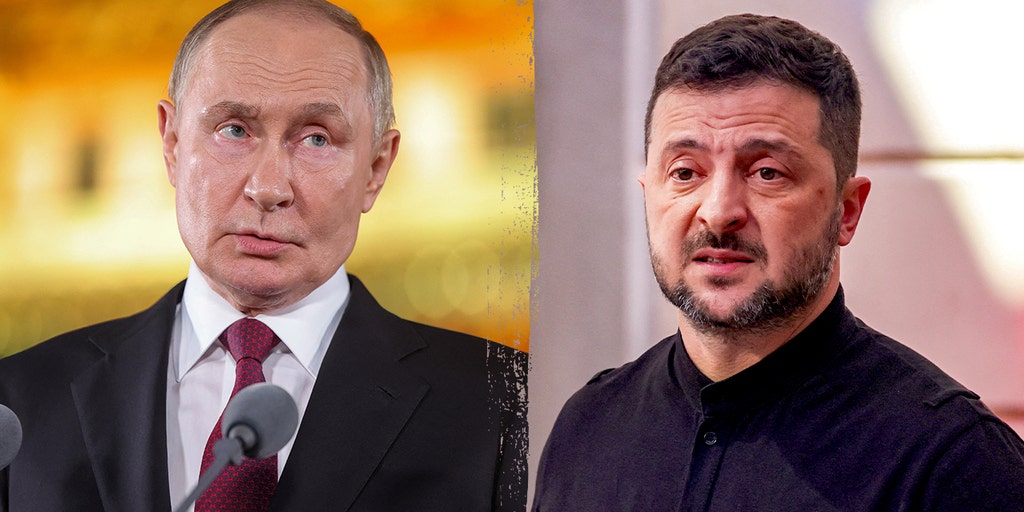Russia Rejects Proposal for Western Troops in Ukraine Ahead of Trump-Zelenskyy Call
Foreign Ministry spokeswoman calls deployment 'unacceptable' as European leaders and U.S. president discuss aid and diplomatic steps
Russia on Thursday reiterated its opposition to any deployment of foreign troops to Ukraine, calling such a move “unacceptable” amid diplomatic talks between Ukrainian President Volodymyr Zelenskyy, European leaders and U.S. officials.
Russian Foreign Ministry spokeswoman Maria Zakharova told reporters that Moscow would not discuss what she described as a foreign intervention in Ukraine in “any form or format,” saying it would be fundamentally unacceptable and would undermine security. The comments followed public discussion by European officials about the possibility of sending troops to Ukraine as part of broader efforts to support Kyiv.

The remarks came as European Commission President Ursula von der Leyen spoke about plans for European troops in Ukraine and as a group of European leaders met with Zelenskyy, after which they took part in a joint call with U.S. President Donald Trump. Trump described the White House discussions as a “very good, early step” toward resolving the conflict, while leaders emphasized continued political and material support for Ukraine.
Germany, among other European states, expressed reservations about von der Leyen’s suggestion. German officials said they had doubts about dispatching troops to Ukraine, reflecting concerns among NATO and EU members about direct military involvement that could escalate the confrontation with Russia.
Zakharova’s comments reflect a long-standing Russian position opposing the presence of NATO or other Western forces near its borders. Moscow has repeatedly warned that such deployments would cross red lines and could prompt a forceful response. Kyiv has sought stronger security guarantees and increased Western military assistance as it continues to resist Russia’s invasion.
European leaders at the meetings and during the call with Trump discussed a range of measures short of direct troop deployments, including continued weapons transfers, training, economic aid and diplomatic coordination. Zelenskyy has repeatedly urged partners for more robust commitments to help defend Ukrainian territory and deter further Russian advances.
Analysts say the debate over Western troops underlines the delicate balancing act facing Kyiv’s allies: providing meaningful support to Ukraine while avoiding actions that could draw them into a direct military confrontation with Russia. Public statements by European and U.S. leaders have so far prioritized non-combat assistance and sanctions targeting Russian assets and officials.
The issue of foreign troops is likely to remain a contentious point in ongoing discussions between Kyiv and its partners. Moscow’s categorical rejection narrows the range of options that European capitals and Washington are publicly willing to consider, even as leaders seek to coordinate measures to strengthen Ukraine’s defenses and push for a negotiated end to hostilities.

Diplomatic activity is expected to continue in the coming days as allies weigh additional military packages, sanctions and efforts to sustain Ukraine’s economy and civil infrastructure. Moscow’s stance makes it clear that any plan involving Western boots on Ukrainian soil would be met with firm opposition from Russia, complicating the strategic calculations of Kyiv’s supporters.